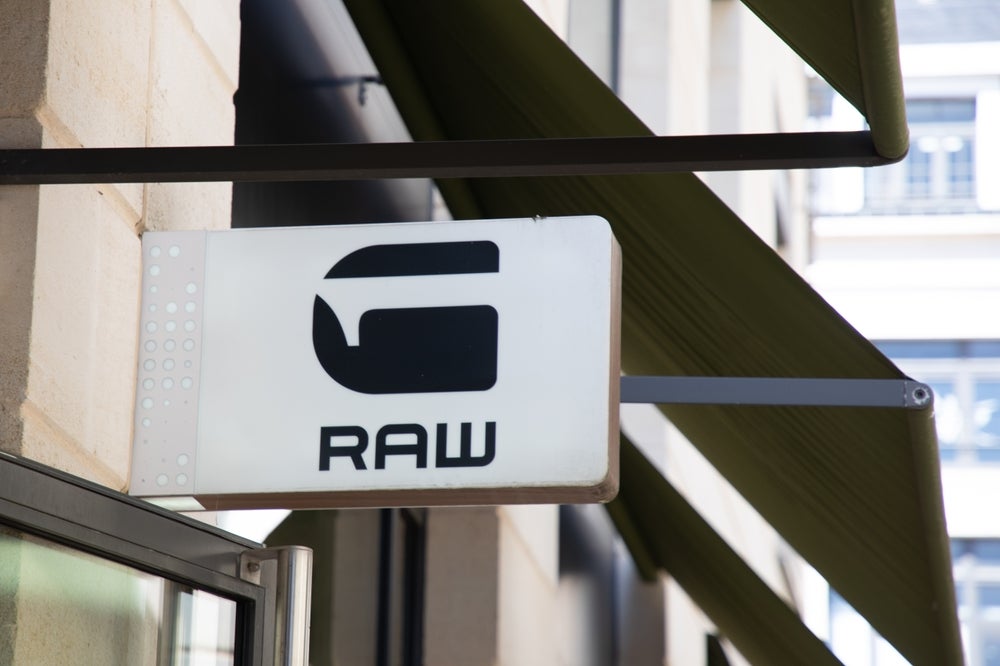The briefing highlighted significant domestic economic opportunities in supporting a more responsible industry, along with policy strategies to enable such support.
One of the speakers at the event, Rachel Kibbe from ACT proposed policy measures to enhance textile recyclability while creating job opportunities and economic growth within the US.
Some of these measures included Extended Producer Responsibility (EPR) for textiles and exemptions from sales and use taxes for second-hand goods. These proposals underscored the role of policy in addressing ethical and environmental concerns while promoting economic growth in the fashion sector.
The briefing covered other pressing topics, including the challenges and potential solutions related to forced labour in fashion supply chains, opportunities presented by regenerative and circular fashion, and the broader ethical and environmental impacts of the industry.
Kibbe commented: “Textile waste is the nation’s fastest-growing waste stream and it’s coming at the cost of both the environment and the US taxpayers who have to pay for clothes to be burned and hauled to our overflowing landfills.
“There is a world in which both textile reuse and recycling can be as, or more, accessible than other household waste streams. But this can only happen if the fashion industry and policymakers collaborate on a supportive policy that supports the infrastructure, logistics, market dynamics and innovation required to transition from linear to circular systems.”
Other speakers also emphasised how ethical and sustainability challenges in the fashion industry affect the American people. Rebecca Ballard of Rebecca Ballard Advisory outlined the extent of forced labour in fashion and discussed current US laws and policies addressing this issue. Alongside E. Benjamin Skinner from Transparentem, potential strategies to combat forced labour were presented.
Ballard explained the US holds the strictest laws on banning imports made with forced labour than any other country but said forced labour is on the ride all over the world. Ballard mentions ways of scaling forced labour in the fashion industry and brought up the Dindigul Agreement which brought fashion companies, clothing and textile suppliers and labour organisations together and “resulted in the fastest release of a Withhold Release Order (WRO) ever,” she said.
Hilary Jochmans of PoliticallyinFashion said: “It is critical that industry be aware of the myriad of laws and regulations domestically and internationally in the areas of agriculture, chemicals, intellectual property, manufacturing, recycling, wage regulation, tariffs, trade, transportation, among others, that have a direct impact on their businesses.”
The release adds that insights from the congressional briefing are expected to inform future policy initiatives promoting ethical, sustainable, and economically robust fashion practices.















